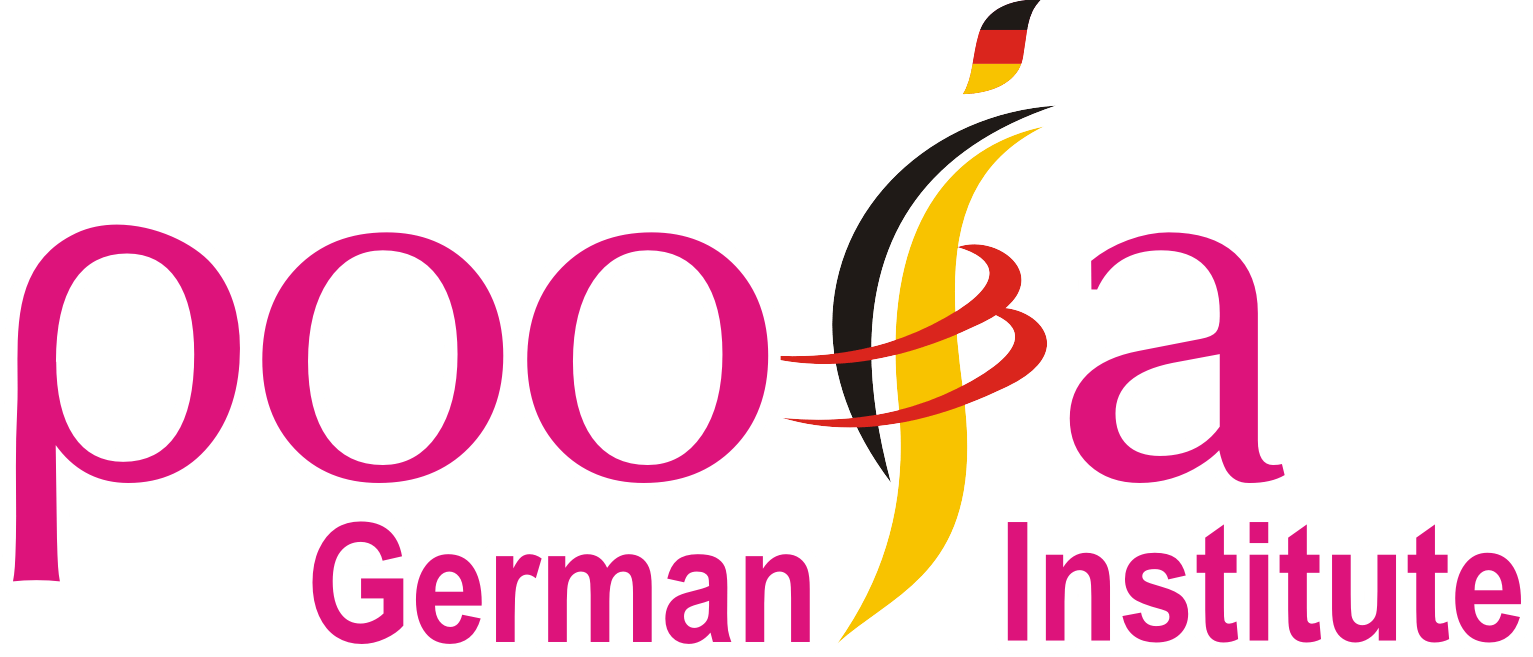Why German?
Learning German provides numerous job opportunities not only in India but also abroad. If one interested in teaching, he/she could work as German trainer. Other areas of applications of German language are media, aeronautic, marine, hospitality, language translation and interpretation. As a lot of German automobile and electronic companies open manufacturing or assembling units here at home, German becomes an indispensible language to learn for those who work these areas
Why one needs to learn German? A lot of reasons are there. Nowadays Germany has become a dream destination for students to pursue graduate and undergraduate programs due to excellent quality of education and potential job prospects. A lot of German MNCs are showing business interest in India and vice versa. Diplomatic and trade partnership between India and Germany is on the rise. Besides many German tourists visit India every year, opening new avenue of job opportunities in the form of tourist guide.
German @ Pooja German Institute
Our team of German trainers ascertains the grasping capability of each student and customizes the teaching method accordingly. With us, Students would not feel like it is hard to learn German. Our trainers are well qualified, experienced, and highly passionate in teaching German. We deliver the contents in such a manner that all students of all age group find it easy to understand and learn. We always maintain a small batch size to ensure effective delivery. As of now we train students for Zertificat A1, A2 and B1 offline as well online modes. Not just that, we also offer one to one program. Rarely do we offer week end classes too for those students who are unable to take classes on the week days.
Most of our students are in college that wants to pursue master’s degree in Germany.
We are offering following programs as of now and poised to expand our program base wider in the coming days
German A1 ( Young Learners – For kids) , German A2 ( Young Learners – For kids),German A1 ( Adults )
German A2 ( Adults ) , German B1( Adults )
When is it unnecessary to take the German test?
1) If you have obtained your Abitur after graduating from a German high school.
2) If you have earned the new Goethe Certificate (C2: Large German Language Diploma) or one of the prior assessments (Small or Large German Language Diploma)
3) If You Passed the Goethe-Central Institute’s Upper Level Examination (until 2011)
4) If you have earned the Goethe Certificate C2 or the Großes Deutsches Sprachdiploma, after 2012.
5) If you possess a Level II German Language Diploma from the Conference of Ministers of Education.
6) If you have passed the telc German C1 Hochschule exam.
Language tests are your key to German Universities.
You must pass at least one of the two recognized exams to prove your German language skills. You can take the TestDaF language exam, which is also referred to as the “Test of German as a Foreign Language,” in your home country. It is conducted six times a year and is available in over 90 other countries. In the People’s Republic of China, it is only offered three times a year. you can find more details about it on the TestDaF website.
In Germany, you can either take DSH or Deutsche Sprachprüfung für den Hochschulzugang. These are the required German Language test for university admission. Several universities offer this test. The international office of your university will give you the dates.
Living with German students is the best way to pick up German quickly. You can improve your language skills by tuning into the German radio and by viewing German programs on the television.
Language Associates
Another fantastic way to improve your abilities is by making a partner to speak with, who is also trying to learn the same language that you are trying to learn. Partnerships are made up of two friends who meet frequently to talk and practice the language they want to learn. This is the method used in many international student organizations, student unions, and foreign student.
